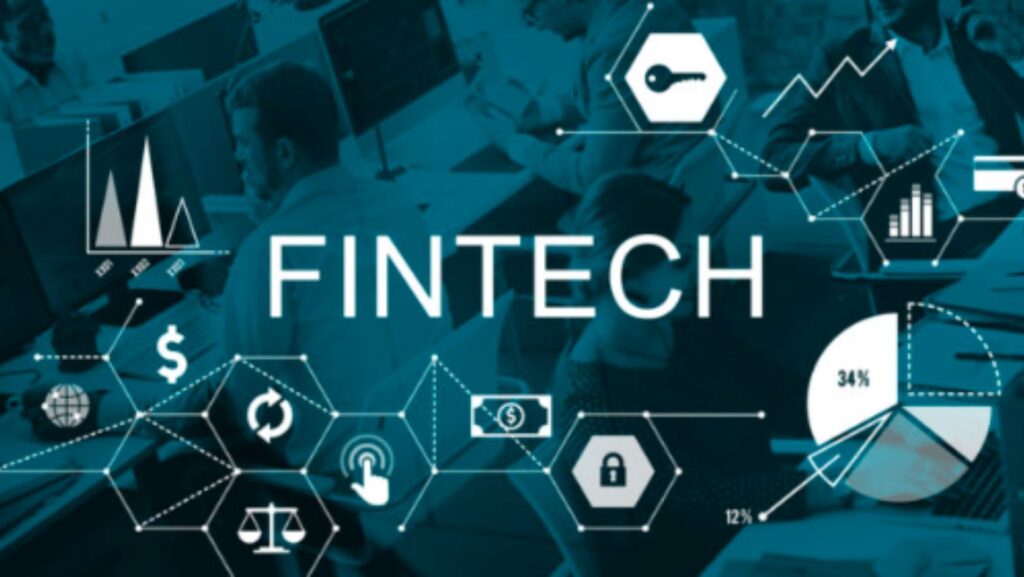
According to Atos, a European corporation invests $50 billion annually in Fintech. Another analysis by Allied Market Research predicts that worldwide Fintech will reach a value of $698.48 billion by 2030. The fintech industry has received the highest funding, with over $14 billion, by the end of Q1 of 2023.
The global expansion of the fintech industry is driven by increasing client demand for e-financing, a rise in the implementation of Fintech in banks and other institutions, and an increase in internet usage in everyday life. Because the fintech sector deals with sensitive information of both companies and individuals, it becomes a prime target for hackers seeking quick monetary gains. Therefore, the fintech industry must prioritize addressing cybersecurity threats. Looking ahead, VPN is the most functional and comprehensive tool for data protection, but it should not be the only protection measure for everyone who provides financial services.
https://leadership.ng/federal-govt-orders-fintechs-to-halt-services-of-unregistered-online-lenders/
How Can a VPN Protect Fintech?
If your employees use a VPN, you will be able to prevent many hacker attacks: DDoS, phishing, data interception, man-in-the-middle attacks, and virus infection of employee devices. Here are some useful VPN features that will come in handy in Fintech.
#1 Masks Activity
When you conduct online transactions, malicious individuals may be able to access your data with harmful intentions. However, by utilizing a VPN, your activities are encrypted and concealed from prying eyes. If digital banking employees and users use a VPN, cybersecurity risks will be significantly reduced. As a reminder, human error is the leading cause of hacking for corporations of any size, and VPN combats even these threats, although not completely.
#2 Encrypted Messaging
It seems like the era of simple text messages is coming to an end. In today’s world, advanced social media platforms and messaging apps have taken over as more convenient options for staying connected.
However, not all of these platforms prioritize encryption or user privacy. By using a VPN, you can automatically encrypt every message you send and receive, ensuring protection against hackers and unauthorized access. Just pay attention to providers who offer logless VPNs to eliminate the risk of data leakage through the provider. One VPN that has passed a security audit is VeePN. It is a good option; it has military-grade encryption, many servers, and additional systems for protecting data and personal information.
#3 Secure Wi-Fi
You can enjoy the convenience of public Wi-Fi networks while on the go, but it’s important to be aware that not all these networks are secure. Logging onto an internet café’s Wi-Fi, for example, can expose you to phishing scams, malware, and other cyber threats.

Thankfully, you can mitigate most of these risks by using a VPN. By encrypting the information you send over the network, a VPN proxy VeePN prevents hackers from intercepting it and keeps your sensitive data, like credit card and bank account details, safe. However, it’s still crucial to remain vigilant against phishing scams and uncertified links. Having a VPN in place significantly enhances the security of your online experience.
Other Fintech Protection Methods
#1 Smart Permission Management
For security reasons, FinTech applications must rigorously control access to specific user profiles. Effective management of these permissions can be significantly enhanced by implementing Identity and Access Management (IAM) technologies. IAM systems integrate seamlessly with role-based access control (RBAC) mechanisms, allowing for the efficient creation of roles and organization of permissions based on user roles. Additionally, IAM systems can utilize Access Control Lists (ACLs), which detail the operations a specific user is authorized to perform. This integration not only simplifies the administration process but also bolsters security by ensuring that access rights are strictly enforced according to predefined policies. Administrators find that adopting IAM technologies makes the process of implementing RBAC and ACL straightforward and secure, contributing to a robust defense against unauthorized access.
To access mobile banking apps, you can’t rely solely on a username and password anymore. Businesses must include two-factor authentication in the app, which requires you to take an additional step to log in. You can enter a phone number, email, ID, Touch ID, or Face ID. This type of verification is also necessary for every transaction, regardless of the amount.
#3 Artificial Intelligence and Machine Learning
You know that AI, short for artificial intelligence, is a commonly recognized abbreviation. This is one of the key future trends in all areas, including cybersecurity. With the help of machine learning, AI is becoming increasingly proficient at analyzing immense volumes of data to identify patterns and raise alerts for potential financial fraud cases.
As a fintech, you can leverage AI and ML to:
- Improve your financial decision-making and integrate security.
- Detecting and preventing fraud.
- Assist your clients.
- Create financial projections.
#4 Monitor and Update Your System Regularly
Implementing comprehensive and reliable monitoring in your system to detect issues promptly can be deceptively challenging. The key to preventing vulnerabilities and ensuring the safety of your users lies in early detection and swift resolution. Managing and securing FinTech software requires meticulous attention to both technical and regulatory aspects, necessitating continuous efforts to meet these requirements. Additionally, establishing proper reporting procedures requires dedicated time and attention.
#5 Audit and Penetration Testing
Essentially, you experience a simulation of a competent professional hacker’s assault. Moreover, these professionals possess the weaponry that real criminals employ to breach security, enabling them to discover vulnerabilities in the system before hackers exploit them to harm your organization and its customers.

https://www.antino.com/blog/10-ways-to-improve-fintech-app-security
However, penetration testers (or pen-testers) are generally external specialists hired for a specific task, lacking comprehensive knowledge of the systems they handle. They simply cannot replace an internal cybersecurity staff.
Final Words
Cybersecurity in Fintech is something that needs to be thought about at the same level as the company’s profitability. Cybersecurity is necessary for everyone who forecasts the long-term prospects of their business. Otherwise, the financial consequences and loss of customer confidence lead to the company going out of business approximately 60% of the time. VPN is an affordable technology that offers flexible and versatile protection against many vulnerabilities. When combined with other cybersecurity practices, VPN shows the best results.







